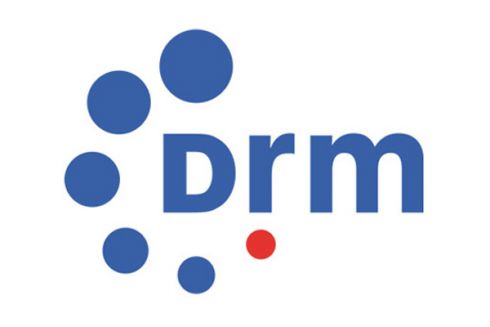
NEW DELHI: South Africa launched its first ever DRM (medium wave) transmission with Radio Pulpit starting a trial on 1440 kHz broadcasting using a 25kW transmitter (and broadcasting 10kW DRM) using a low profile antenna. The launch happened on 1 July 2014.
The broadcast, with up to two programmes and eventually all the extra features and benefits offered by DRM, will cover greater Pretoria and parts of Johannesburg.
The test conducted by the broadcaster in co-operation with Sentech (DRM Consortium member), the major South African network operator, and Broadcom International will run until next year.
The DRM Platform in Southern Africa thus joins the Indian, Brazilian, German and other DRM national platforms. The aim of these groups is to act as facilitators and intermediaries whilst the standard becomes adopted and implemented in their region.
Detailed trial data will be gathered, analysed and made public towards the end of 2014. The results will be presented to ICASA (the national regulator) with the aim of applying for a full license.
The high quality digital sound of a live medium wave DRM transmission could be clearly heard during the successful launch of the DRM Southern African Platform in Pretoria on 25 June.
The DRM Consortium’s Southern African Platform is a voluntary group without financial goals which aims to coordinate the various industry stakeholders in the countries of Southern Africa who are interested in DRM. The platform intends to stimulate the introduction and roll-out of DRM broadcasts like the one that went on air today and to demonstrate a business case for producing and selling DRM radio sets or auxiliary devices.
Dr Roelf Petersen of Radio Pulpit, the Chairman of the first African DRM Platform, was delighted with the launch illustrating the power of DRM in the heart of South Africa. "With DRM, people in difficult-to-reach areas will in future be able to listen to crystal clear digital radio. As we are trying to put forward a credible strategy and structure, we feel that the Platform can offer excellent broadcasting, information and manufacturing solutions for my country and the whole of Southern Africa," he said.
"It is early days", said DRM Consortium Chairperson Ruxandra Obreja, "But the excellent DRM sound enjoyed by the participants at the launch, the data provided by credible consultants, and the interest shown by other broadcasters, government representatives and manufacturers has made me very optimistic about the future of DRM as a viable solution for the region."